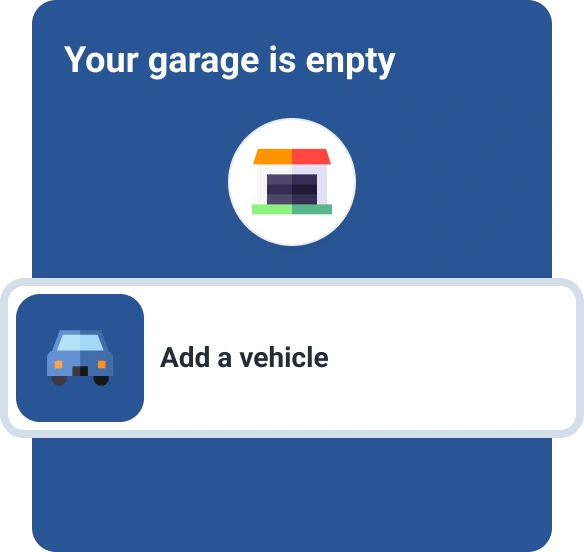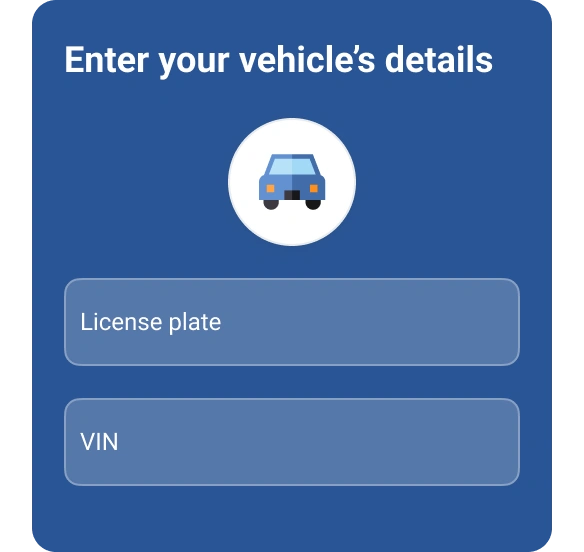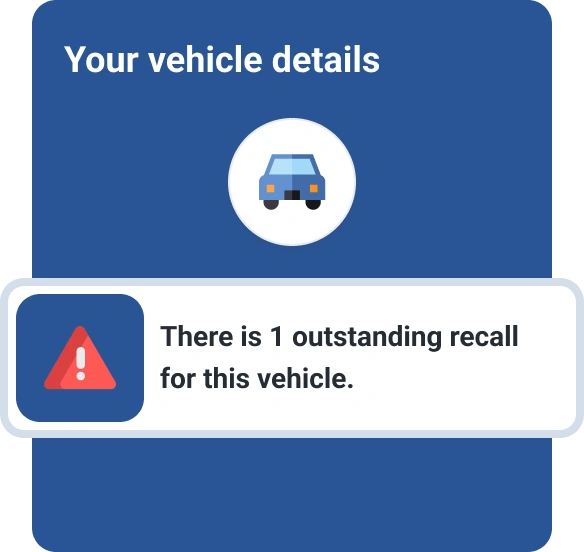How Much Car Can I Afford?
Quick Answer
Calculate how much car you can afford by reviewing your income and expenses and comparing your likely payment with your saving and spending goals. A good rule of thumb is to spend no more than 10% to 15% of your monthly take-home pay on transportation costs, including a car payment, gas, insurance and repairs.

When it's time to buy a new car, you may be unsure exactly what your budget can handle—especially if you haven't had a car payment in a while. You can calculate how much car you can afford by reviewing your income and expenses, estimating your monthly car payment and comparing your likely payment with your saving and spending goals. The Consumer Financial Protection Bureau (CFPB) recommends spending a maximum of 10% to 15% of your monthly take-home pay on transportation costs—which include a car payment, gas, insurance and repairs.
It's essential to know what you can afford before you start shopping around so that you can properly evaluate loan offers. Here's what to consider as you get ready to buy your next car.
Car Affordability Calculator
One of the best ways to clearly estimate affordability is to use a car payment calculator. Enter your likely loan amount, loan term and interest rate for one or multiple loans, and you'll see your monthly car payment amount. That can help you determine if the car's cost fits within the CFPB's recommendation to put no more than 15% of your after-tax income towards transportation.
For example, let's say you're buying a new car and will need a loan of $39,172, the average amount financed by new car buyers with excellent credit in the second quarter (Q2) of 2024, according to Experian's State of the Automotive Finance Market report. Your loan term is 48 months and your interest rate is 5.25%, the average interest rate for new car buyers with excellent credit.
Using Experian's car payment calculator, your monthly payment will be $907. You'll pay $4,342 in interest, for a total of $43,514 over 48 months. A longer loan term, lower interest rate or smaller loan amount will yield a lower monthly payment, but a word of caution: A longer-term loan will result in more interest being paid over time.
What Car Payment Can You Afford?
Deciding what car payment you can afford means taking into account these factors:
- Income: First, identify your monthly after-tax income. If your income fluctuates from month to month, use an average of the past six months of pay as your baseline.
- Fixed expenses: Next, list out your current fixed expenses: rent, insurance premiums and child care, for example.
- Variable expenses: Then, review at least three months of bank or credit card transactions and find the average you pay on variable expenses like groceries, home maintenance and personal care.
- Other debt payments: Experts recommend keeping monthly debt payments below 10% of your post-tax monthly pay. A new car loan shouldn't bring your total above that.
- Savings: Evaluate how much you currently put towards savings such as an emergency fund, retirement, college savings for your kids or other goals like a home purchase. Make sure a car payment won't force you to scale back on key savings targets. Consider fixed and variable costs, debt payments and savings goals to see how much room you have to add a new car payment.
- Other transportation expenses: Owning a car comes with additional costs like gas, insurance and maintenance. Estimate these costs for your specific car and typical usage and, ideally, make sure your car payment will keep the total transportation costs below 15% of your monthly take-home pay.
Example: Say you earn $3,500 a month after taxes. Sticking with the example car payment outlined above, a $907 payment is already more than 25% of your net income. Aim for a car payment of $350 or less so you have space for other car costs. That would mean taking out a smaller loan, either by making a larger down payment or opting for a different car, such as a less expensive new car or a used car instead.
Compare rates on a new auto loan
Find a good auto loan with today’s rates. Compare current rates and offers to find the best loan for you.
What Car Loan Can You Afford?
Since your car payment depends on the size of your loan, it's important to understand the factors that affect your loan cost—and ways to make it more affordable.
- Loan term: The average new-car loan term was just over 64 months among borrowers with excellent credit in Q2 2024, according to Experian data. While average loan terms have been increasing for all borrowers, it's wise to choose the shortest term you can afford on a monthly basis. The longer the term, the more interest you'll pay by the time your loan is fully repaid.
- Interest rate: Another significant factor in the cost of your loan is its annual percentage rate (APR). The APR determines how much interest you pay on top of the principal amount of the loan. When comparing loan offers, the APR is a key metric to consider.
- Credit score: If you have excellent credit, you can expect to receive loan offers with lower interest rates. If your credit needs some work, however, you could end up with a double-digit APR and significantly more in interest charges (more on that below). Plus, borrowers with the lowest credit scores have longer loan terms on average than those with the highest scores, according to Experian data, which also increases the amount of interest you'll pay.
Learn more: How Does Financing a Car Work?
How Your Credit Score Affects Your Car Loan Affordability
The table below shows how your credit score has a big impact on your APR and your monthly car payment. Those with the lowest credit scores had APRs on new car loans that were more than 10 percentage points higher on average than those with the highest scores in Q2 2024, Experian data shows. In most cases, that also means a higher monthly car payment. Borrowers with credit scores from 501 to 600 paid $32 more per month than those with scores of 781 or above.
| Credit Score Range | New Car APR | New Car Monthly Payment | Used Car APR | Used Car Monthly Payment |
|---|---|---|---|---|
| Super prime (781 or above) | 5.25% | $717 | 7.13% | $522 |
| Prime (661 — 780) | 6.87% | $742 | 9.36% | $518 |
| Near prime (601 — 660) | 9.83% | $765 | 13.92% | $535 |
| Subprime (501 — 600) | 13.18% | $749 | 18.86% | $536 |
| Deep subprime (500 or below) | 15.77% | $719 | 21.55% | $532 |
Source: Experian data as of Q2 2024; VantageScore® 4.0 used
Check your credit score before you decide to buy a car. If you find it's not where you want it to be, and you don't need to buy a car right now, consider taking time to improve your credit before moving forward.
How to Calculate Total Car Costs
Aside from your car payment, these expenses can add to a car's total cost:
- Taxes and registration: Every state except for Alaska, Delaware, Montana, New Hampshire and Oregon charges tax on auto transactions, which typically isn't included in the sticker price. You'll likely also be required to pay a registration tax at the department of motor vehicles (DMV). Your state's DMV or department of revenue website may have a calculator where you can estimate the amount you'd have to pay before purchase. But overall, you can expect to pay an average of $815 per year in 2024 on license and registration fees and taxes, according to AAA.
- Dealer fees and add-ons: Consider documentation fees and other expenses the dealer tacks on to the contract amount. If you choose to add a warranty or maintenance contract, that's also going to affect whether you can afford the car. You don't have to pay these costs out of pocket—in general, dealers will roll them into the car loan along with the sales price of the car. But they will increase your monthly payment.
- Maintenance and repairs: While these are irregular costs, a sudden car repair has the potential to derail your budget if you don't save for it regularly. Plan to set aside $100 a month for car maintenance and repairs so you're prepared.
- Car insurance: You'll need to get car insurance for your new ride, and some factors that affect your premium are out of your control, like your age. But you can make car insurance more affordable by keeping your driving record clean, choosing a higher deductible and comparing auto loan rates among several providers. The average cost of car insurance is $1,715 per year for those with more than six years of driving history and no accidents in their past, according to AAA.
Learn more: Ways to Reduce Your Car Expenses
How to Save Money When Buying a Car
Follow these tips on how to save money when you're buying your next car.
Buy Used
The average monthly loan payment for a used car was $209 less than for a new car, according to Experian data from Q2 2024. Cars also depreciate over time, so the older the vehicle is, the less you'll pay. But it's key to balance the cost of the car with its reliability and safety. Buying a certified pre-owned vehicle could be a good alternative if you're worried about the condition of a used car. The dealer gives these late-model cars a thorough inspection and reconditioning and makes any needed repairs. You get a near-new car but pay less.
Get Preapproved
Consider getting preapproved for an auto loan before you go shopping for a specific car. Based on data including your credit history, income, employment and housing information and the price of the car you want, lenders can preapprove you for a loan amount and interest rate. You can bring this to the dealership and potentially save money by negotiating from a competitive vantage point.
You can compare options from banks, credit unions and online lenders. Preapproval generally leads to a hard inquiry on your credit report, so aim to apply through multiple lenders within a 14-day period to mitigate the credit score impact.
Negotiate With the Dealer
The sticker price on a car is rarely non-negotiable. If you know how much the same make and model is going for at other dealerships and its book value, or how much it's truly worth, you may be able to negotiate a deal with the salesperson. What's more, if you visit the dealership at the end of the month, quarter or year, they may be more willing to negotiate if they have sales quotas to fill. Holidays and months when new car models are released are also good times to buy a new car.
Limit Add-Ons
The dealer may offer add-ons or features that aren't necessary, such as extended warranties, decorative details or rustproofing. You should feel empowered to say no to any add-ons you don't want or need, since they will add to the cost of the car.
The Bottom Line
The car buying process can feel complicated, but it's rife with opportunities to plan ahead and save money. Use a car payment calculator to figure out how your financing plans will translate to a new monthly expense, and look closely at your income and spending to determine how a car payment will fit into your budget. Know that shopping for a loan and for a vehicle can net you big savings if you come in with multiple preapproved loan offers and you're ready to negotiate with the dealer. A new or used car can be affordable when you have a full picture of your finances, and you enter the fray with confidence.
What makes a good credit score?
Learn what it takes to achieve a good credit score. Review your FICO® Score for free and see what’s helping and hurting your score.
Get your FICO® ScoreNo credit card required
About the author
Brianna McGurran is a freelance journalist and writing teacher based in Brooklyn, New York. Most recently, she was a staff writer and spokesperson at the personal finance website NerdWallet, where she wrote "Ask Brianna," a financial advice column syndicated by the Associated Press.
Read more from Brianna

